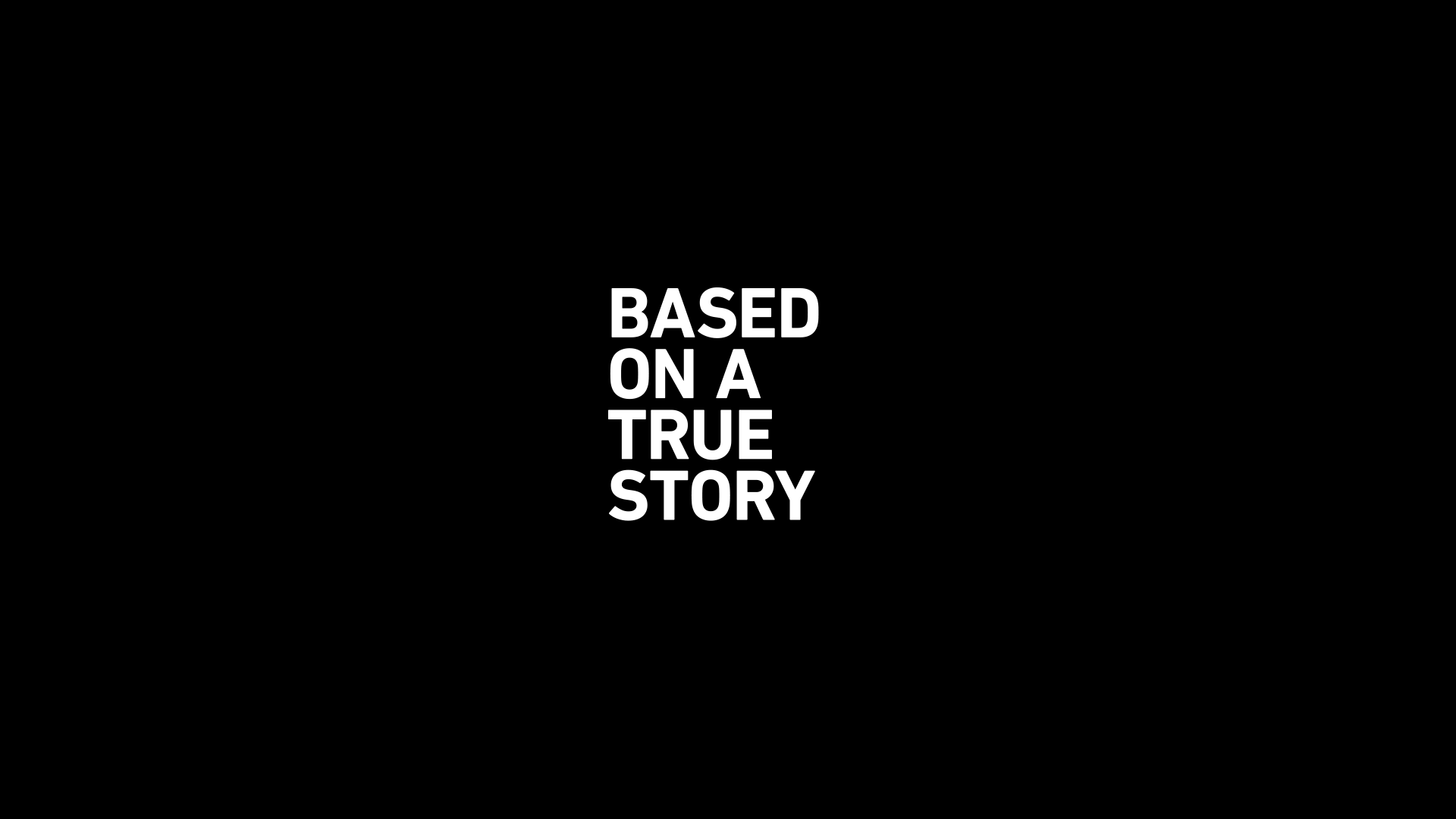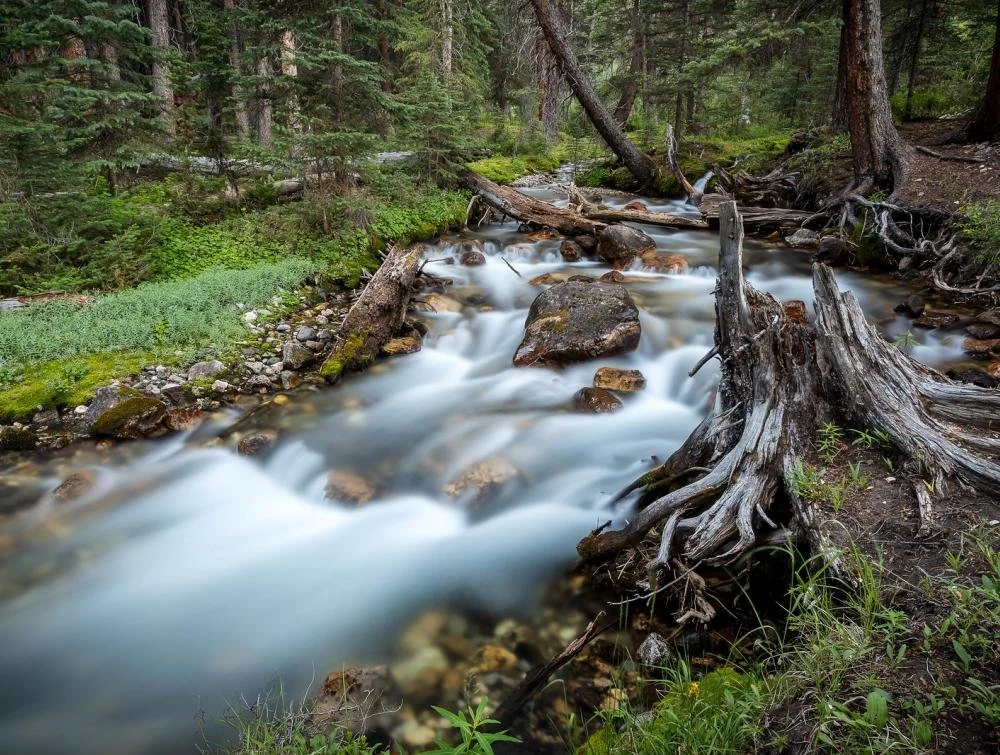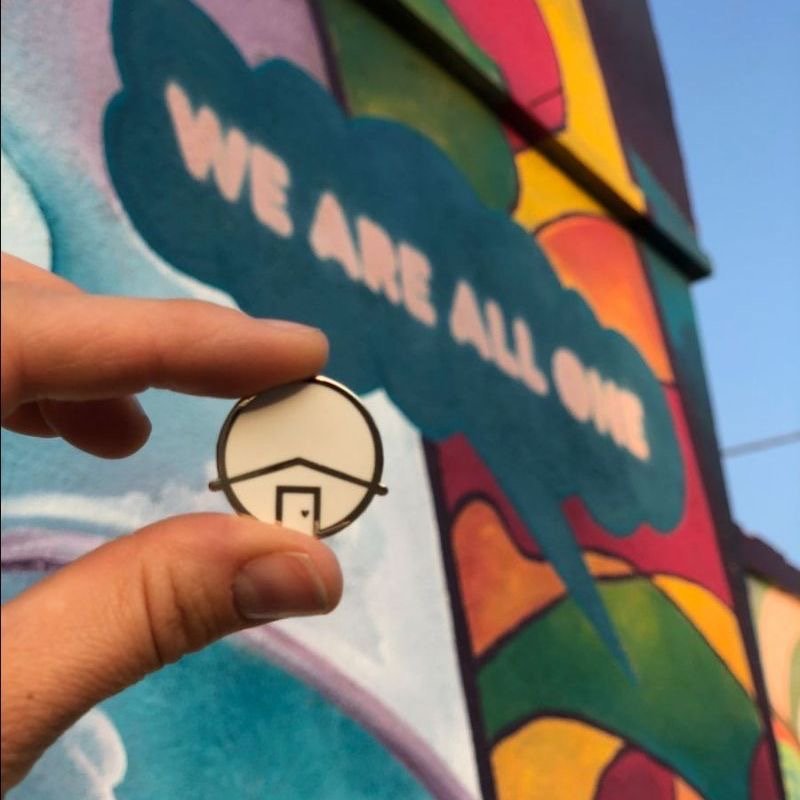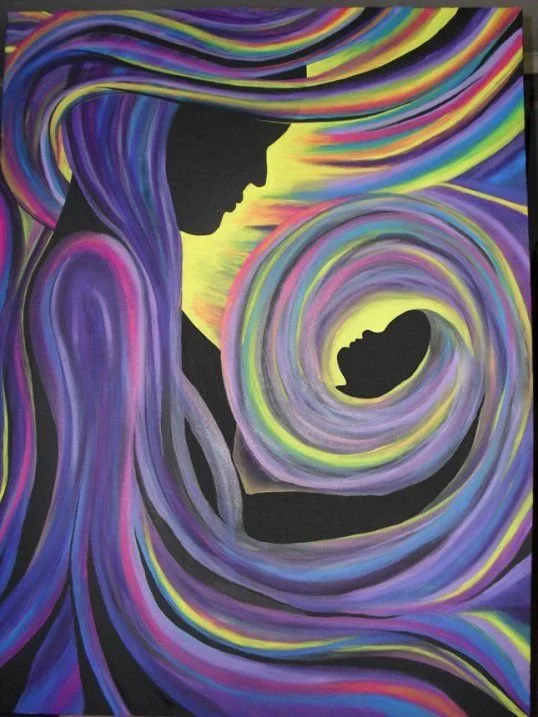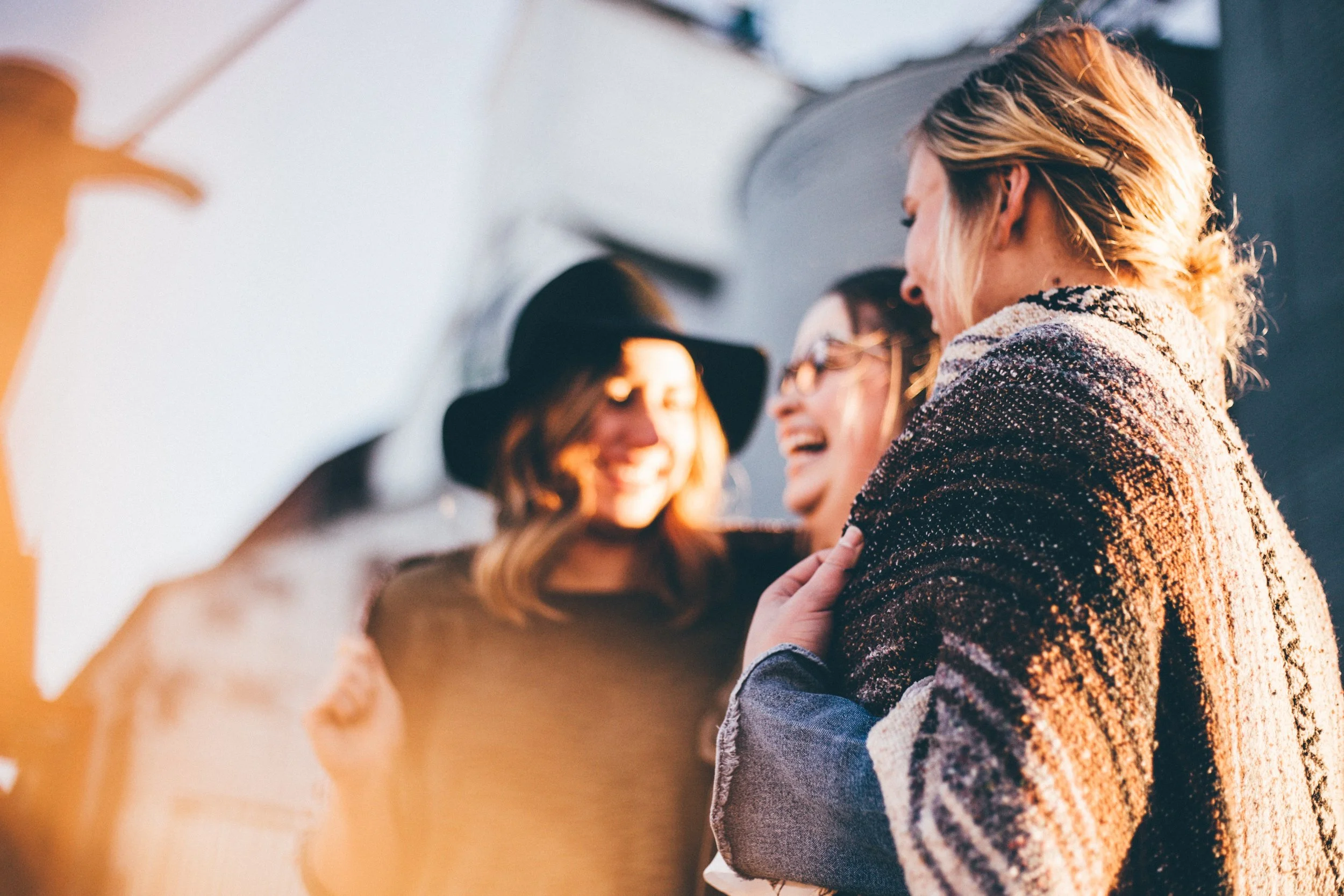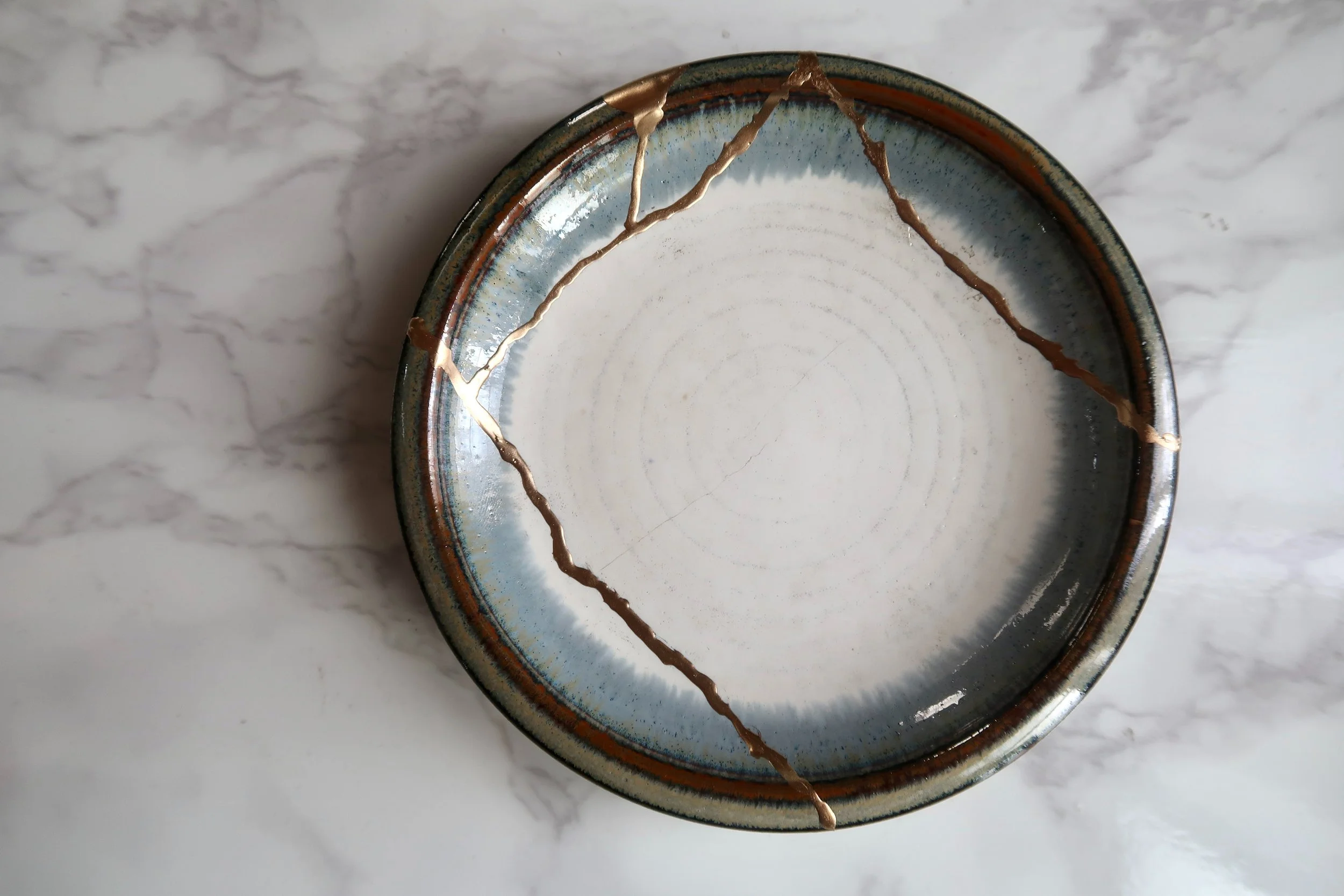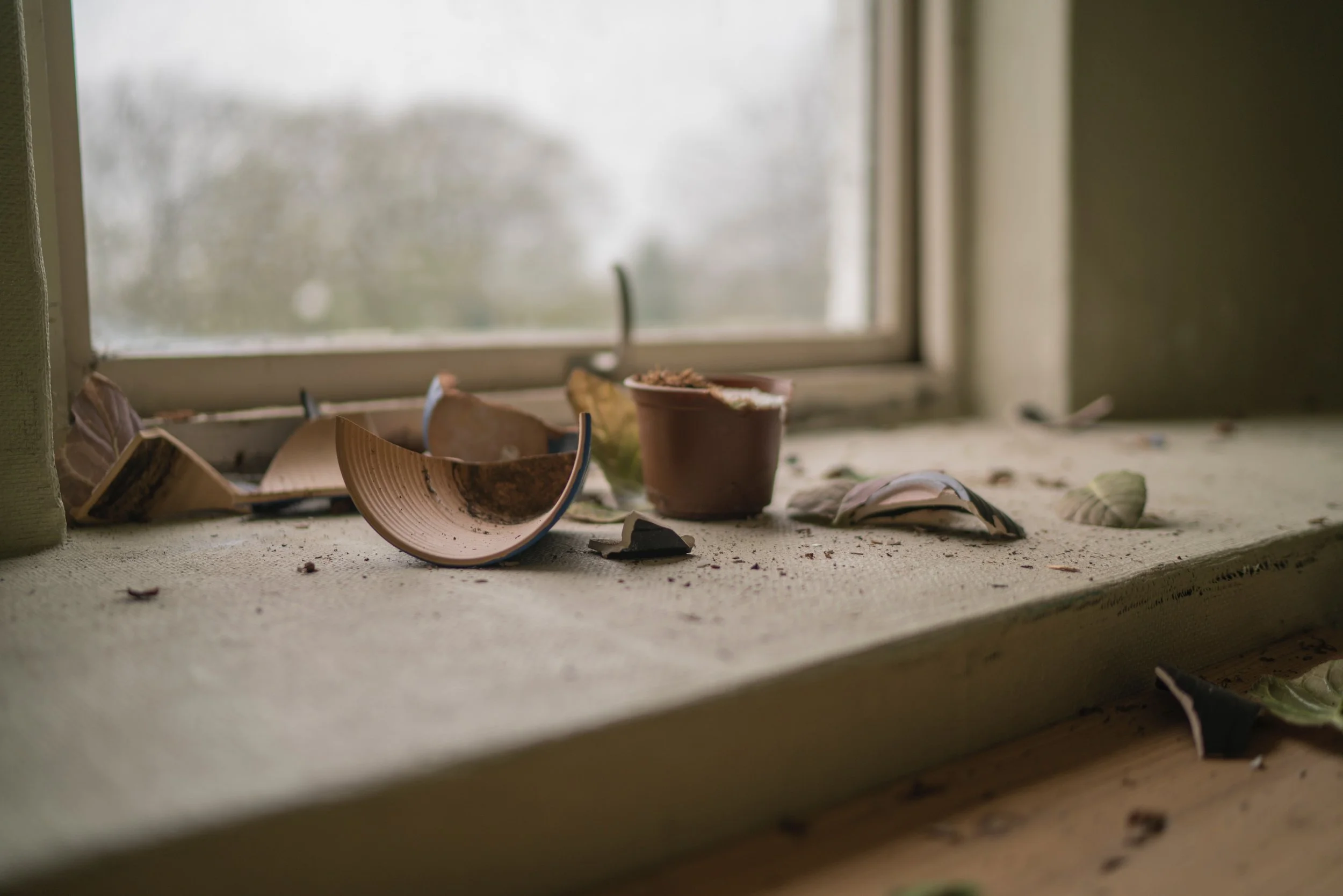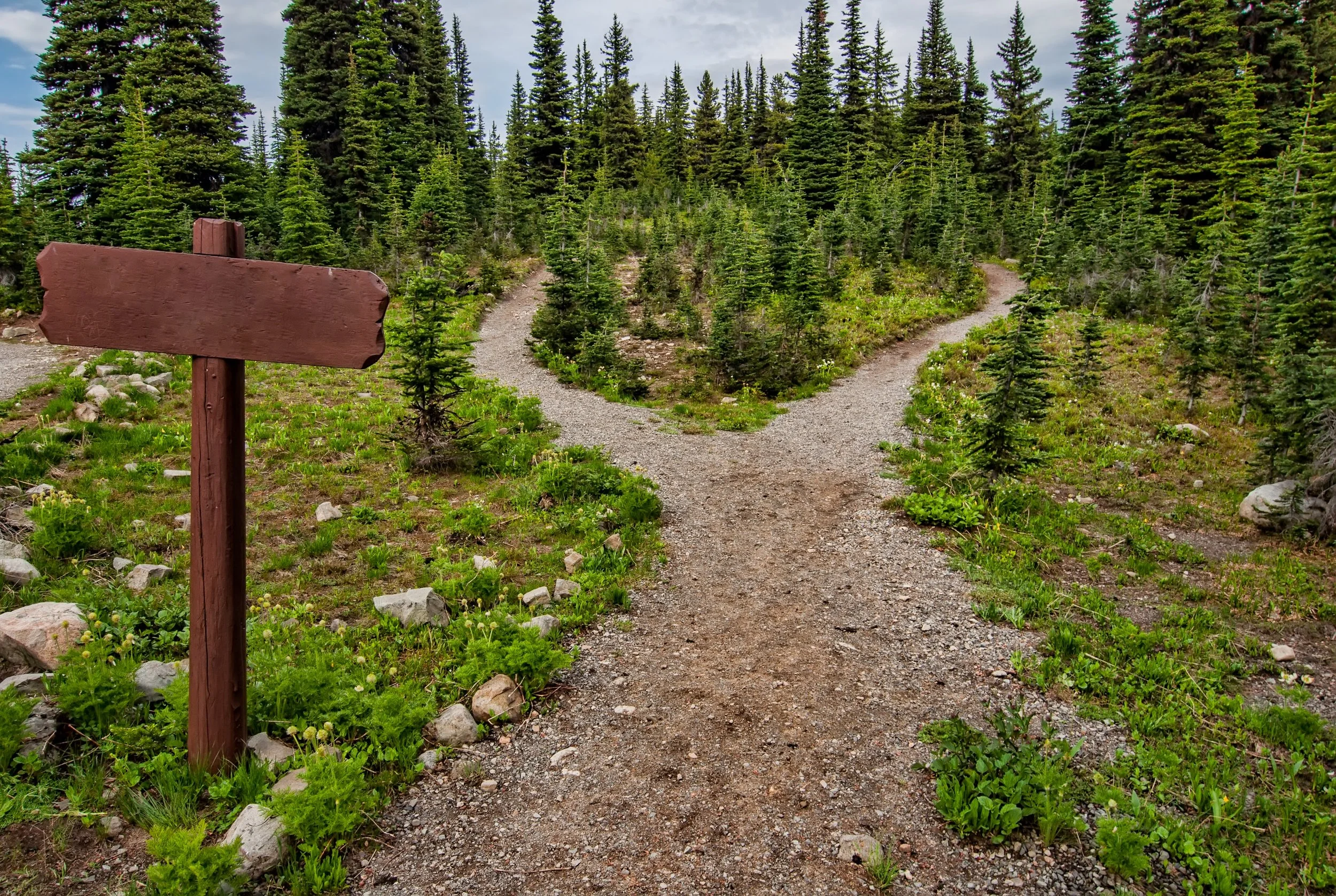“We tell stories to live.” - Joan Didion, The White Album
I recently recalled how my friend Raul, a documentary filmmaker, once described the two of us as “junkies for stories.” While his phrasing was a bit strong for my taste, the sentiment resonated. I believe that stories are at the core of our humanness. Stories are the way we remember things, the way we believe things, and the way we think about things. As a social species we connect and preserve relationships throughout time and space with meaningful stories and experiential narratives.
In my work as a therapist, I believe that the process of understanding our complexity, our contradictions, our identities, and our defenses happens through close examination of the stories that organize our lives - as well as the stories we organize our lives around. And my friend Raul is right (kind of), at the very least I find this work deeply gratifying. Clearly, however, when I am cathecting to another’s story, particularly a story that is traumatic, painful, or deeply confusing I must be supported. I engage in professional consultation and supervision not only to develop and complexify my clinical impressions but also to assuage myself of the emotional weight of the work. Lately I’ve been curious about other professionals who are called to the work of bearing witness to the details of one’s humanity - particularly the stories that are more challenging to hear - and the ways they care for themselves in the process.
I recently sat down with a close friend, Jenni Morello, another documentary filmmaker and cinematographer, whose film subject matter rivals any therapist’s caseload. With a background in humanitarian aid and development, including a two year stint in the Peace Corp in Morocco, Jenni has focused her lens on stories of staggering resilience, loss, violence, hope, and survival. Her early career experience as a young female cinematographer traveling the global South for a project about women’s oppression and opportunity ultimately led her to reconcile with secondary trauma, a form of trauma that occurs as a result of exposing oneself or being exposed to someone else’s traumatic experience. I wondered how someone like her, straddling the cusp of real life stories and professional storytelling, tolerates the weight of her subjects’ stories without the supportive scaffolding readily available to someone in a more traditional setting like me. Please enjoy segments of my conversation with Jenni.
Pilar: A lot of your films deal with trauma similarly to my work (as a therapist). I think some of the subjects of your films have the same sort of emotional content that I'm dealing with. One of the things that I'm curious about is the way you cope without kind of dissolving from sheer over exposure.I know that you have a history of working through that process and I'd love to hear about it.
Jenni: Well I definitely dissolved. I think at some points in time, I definitely dissolved. I was really lucky because I was working in these areas and was noticing how certain projects were affecting me and I remember having a conversation one time with a journalist about it and the journalist was like well yeah many journalists suffer from secondary trauma because you're exposed to this sort of thing and so of course documentary people would also be exposed to that. I was questioning, I mean there was a curiosity and there was also a questioning, which I think is really important when you're advocating for yourself. I could never sort of let it go even in the moments of dissolving and being like ‘Why do I feel this way? or Why is my behavior towards my friends and family this way? Why am I acting out in these ways?” I don't think that I was acting out but I was obviously processing like extreme trauma and didn't know what that was or nor did I have the tools in place to sort of understand it. I had a roommate at the time who worked for the International Rescue Committee and there is something sort of interesting about talking to someone whose actual job is to be a clinical provider with people who are living in refugee camps. Her comment was she never had direct interactions with the people in the camps, she was always three people removed because you have field officers and you also have other people, program managers, and that was the thing that was really interesting to me that I was the person who was actually experiencing when someone was reliving their trauma or in some cases as it was happening to them for the first time they're processing something and you're also present for that you don't quite realize what that is.
Pilar: Can you speak a little bit about the letter that you wrote, when did you write it like tell me the story.
Jenni: So there had been like murmurings amongst my colleagues and in the documentary space for many many years just sort of lightly touching around like mental health stuff and this director who I really admire, Kiron Johnson, directed this documentary called Camera Person, which is this incredible film where she took footage from three films that she had shot and sort of stitched them together. For me watching that movie was like “oh my god I've already had all of these experiences like in this young phase of my career.” She's somewhere in Africa and I can't remember the country but a woman dies in childbirth; there is a story about these women who were sexually assaulted during the war in Bosnia and Croatia; and there's a story of these two towns in Texas that we're dealing with like a person who's wrongly convicted. Things that are like quite heavy topics, but she just weaves these three stories together and it's so so powerful and to me it was always about her processing her own experience. There's so many things about being behind the camera and how you experience it and recently I was talking about it to a friend who does not work in film who had seen the movie and she didn't think it was about trauma at all which is so interesting. That movie sort of triggered something in me of “Why don't we talk about [trauma]?”
I had started writing my feelings down. I was like I don't know if I'll ever publish something but I'm going to write this thing. There was a sound recordist who I had known since I was like a young person in the industry and she's now retired but I had a really interesting conversation with her one day about this thing that I wanted to write. I kept asking questions like “I don't understand why we don't talk about this why is there resources for journalists but there's not resources for documentary filmmakers” and maybe around that same time someone had written an article about trauma that directors experience while working on documentaries. While that was great I was frustrated because there are other people who work on films, like on these people's films, who have also had the same experience and it might be a very different experience but their voices are just as important. The sound recordist who I had been talking to, she was just telling me how she's never forgotten the pauses like in the same way that for me as a person behind the camera like I'm studying a person right so there are things that you I nonverbal cues you can pick up on in those moments that trigger you in some ways and for her listening to a person who let's say they were assaulted and [the recordist] is listening to the voice because she's just listening to the audio and the way a person sort of pauses while they're talking. She said, “ I think about that all the time, like in my bones.” And I'm like “oh I think I replay the images in my head all the time of the places that I've been and the scenes that I've seen.” It's crazy how we don't talk about this so that was sort of the reason why I wrote this essay and it was mostly just saying like this is my experience.
At that time I had done a lot of therapy and I felt f comfortable advocating for other people and I was like this here are some examples of things that I've worked on that were really hard and I've sort of gotten through it and now I can publicly talk about it but it also has triggered all of these other things that I didn't know about right but we know are directly attached to sort of this having secondary trauma. So it got published like in a magazine and sort of sparked a huge conversation that I think was really needed.
Pilar: You know for therapists we engage in group consultation, so at the bare minimum there's a weekly gathering of consultation where you're able to process and talk about your client load and that's really helpful not only for our clinical growth but also we talk a lot about like holding,what we're holding, and that I think that applies to your profession as well. We hold a lot and then we somehow work with our clients, in our case, to make meaning and understand and heal and it sounds like in your industry you're just passing the content on and on and there's not a way to kind of just acknowledge what is required to go into making it. I wonder what resources you feel were important to advocate for?
Jenni: I wrote that piece in 2021 so it's been three years and I think since then there's been interesting things. I've been offered therapy on a couple projects which is great but sometimes it also just feels like someone's checking a box or like we know this is a problem so like here's three sessions which… for me as a person who operates a camera it's very much like the years later right, because you're working in the moment it doesn't always hit me until later, when I have really have time to sort of process it.
You know it takes a long time to sort of make big changes in this way. There is an organization that was formed by a woman who used to be a documentary producer turned therapist in the UK. She created this group called Film in Mind which is therapists who are working directly with documentary filmmakers; and from that they started a subgroup called Documentality and they're still sort of in their early phases where they've just been doing research and publishing how bad it is.
I’m a founding member of the Documentary Cinematographers Alliance. We had the woman who runs Film in Mind came on and we had a group therapy session, not like an actual therapy session, but sort of like a safe space for people to sort of talk about things. I've also been pushing too for people to learn sort of like somatic therapy things because there are things you can do in the moment that don't store in your body necessarily in the same way if you sort of know in advance what you're going to get into.
Pilar: I want to thank you for your time Jenni and you know as I'm listening to you there's just so many similarities and like part of what you know I'm sure you're familiar with the stereotypical stoic Blank Slate therapist or you know the that kind of like traditional you know old school analytic and how maybe you don't know but like it as we move into a more relational way of therapy our humanity is as important as anyone else is in that space and that there's a relationship happening and I feel like there's something really similar to the work that you do and what is required of you to create trust and create an environment where people feel comfortable opening up but that we are also tasked with being in a role right. We are the camera person, we are the therapist we're not there as the subject or the client and and yet our humanity and who we are is the ingredient that makes our subjects and clients more sort of successful in the interaction and I just love that similarity. My last question is what do you feel are the important ingredients in creating a connection with your subjects in order to feel kind of like a good steward so to speak of their story.
Jenni: I mean well we say this often but like the off camera time is just as important as the on camera time so I feel like most of the projects I would say all of the projects I work on like people are pretty cognizant of like the giving and taking of of people in that space and and so you know that means like hanging out with them or having dinner with people because they're also still humans right they just like happen to be in a movie um and I think reminding people too that like they don't always have to be on camera like if they're they have the agency to say no I think is really important. I don't know I've kept in touch with everyone because like they do sort of become you've become a part of someone's life like I mean I think about this constantly I'm like oh I have filmed so many people's births like what a weird intimate thing to experience right so of course they sent me a Christmas card that like first of like that's so funny I was like oh no no right I was I literally witnessed their the birth of their child like of course like I'm getting a Christmas card that's such a funny thing
Pilar: You're filming their life but you are in their life.
Jenni: I think that happens all the time because you're having these sort of shared experiences. Depending on the experience you're also experiencing that with them so I think that I don't know you're just practicing General kindness and generosity I feel like it's just right.
Pilar: Well thank you so much for talking to me and I hope that we can link to your article in this post so everyone can see um what you wrote and also read more about you and all the great work that you're doing!


